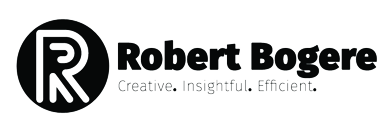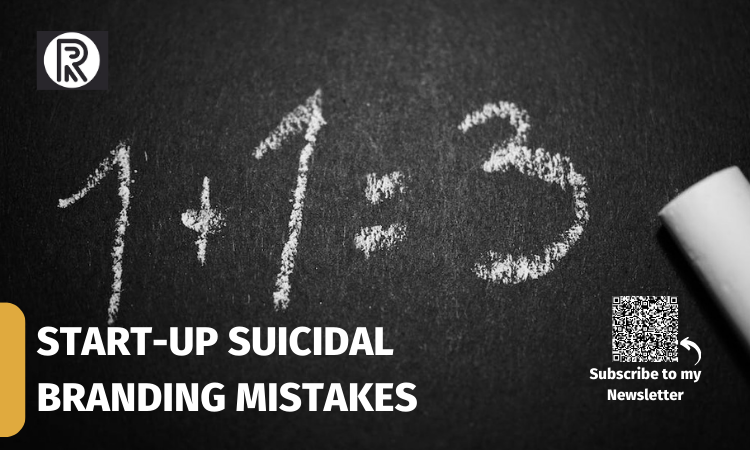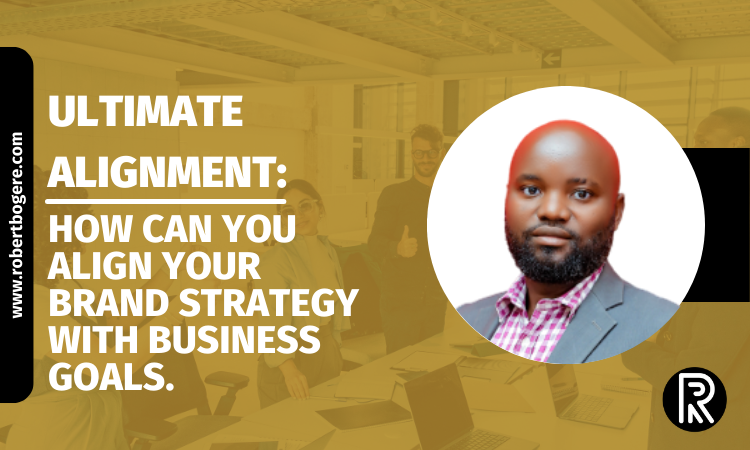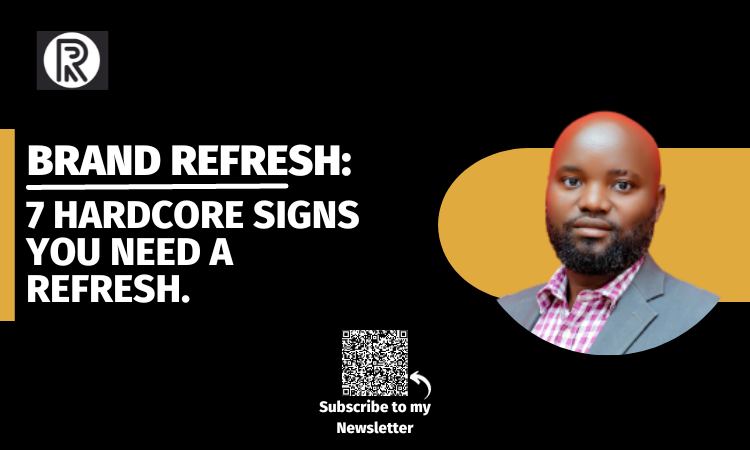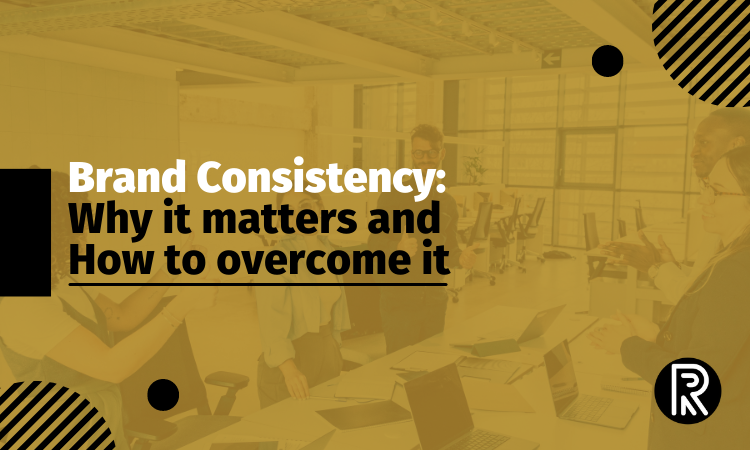Last Updated on Wed-Mar-2024 by Robert Bogere
Every 1 out of 4 start-ups fail because of their lightning speed and acceleration with things that should be done.
At one time in Los Angeles, there was a startup that seemed destined for greatness. With its founder and a revolutionary entertainment product, this brand met to disrupt the marketplace.
This was the tale of the Quibi brand founded in August 2018 by an amazing visionary founder, Jeffrey Katzenberg. Quibi’s product, a short-form streaming mobile platform, promises to be a Netflix of your phone.
For $5 with Ads and $8 without Ads per month, you received access to a library of video content. As the story unfolds, a series of missteps turned their promising venture into a cautionary tale of marketing blunders.
Despite Quibi’s innovative and game-changing product, their journey took an unexpected turn.
Their initial brand reputation focused on their platform and uniqueness then crumbled because of their promotional efforts being of traditional brick and mortar business rather than the social heavy, vitality-based low CAC campaigns of B2C tech start-ups that failed to resonate with their target customers of millennial.
Quibi’s downfall serves as a stack reminder that even your start-up can fail when such branding mistakes are done.
Quibi’s story serves as a warning to all entrepreneurs about the critical importance of branding in modern business.
In this article, you’ll learn; what a start-up, brand, or branding mistake means, and the common suicidal brand mistakes made by start-ups that lead to their instant failure.

But before you go to the mistakes,
What is a start-up?
Startups are young companies founded to develop a unique product or service, bring it to market and make it irresistible for customers – Forbes
In other words, a start-up is a new business in its earliest stages of development.
What is a brand?
A brand is a promise. It is not what you say you are. It is what people say you are.

When developing your brand, try hard to stick in the hearts and minds of the people.
What is a branding mistake?
Branding mistake is a kind of marketing that doesn’t improve your brand value and target your ideal customers.
Your start-up may focus on what you offer—product or solution and how you offer it, but you forget to communicate your WHY, HOW, and WHAT.

Neglecting to first work on your WHY, your ideal target customers will struggle to connect well with your brand.
Your brand mistake can undermine your hard work and money in building your brand, hence ruining your brand credibility and potential growth.
Common suicidal branding mistakes made by start-ups
Knowing these mistakes can save your start-up from unnecessary setbacks and failure. A proper brand development strategy can set the foundation for creating ultimate value in the marketplace.
You’ve to be aware of and avoid brand mistakes can break your start-up.
1. Neglecting your brand strategy
One suicidal mistake in killing your brand is neglecting to develop your brand strategy. You may know who your brand is, but did you put everything on paper? What of your values?
Imagine you have a team of All-Stars, but you’ve nothing like a game plan. What happens? You’ll lose. Your team is only as good as your strategy on paper.
If your start-up is a victim of working on brand identity design without a strategy, you’re missing out on growing and delivering consistent messaging to your ideal target customers.

You’re thinking of using brand kit generator tools to cut costs, but all this proves to be effective when your brand strategy is in place.
Your brand strategy will set the direction of all your marketing activities. It’ll help your team to agree on developing your brand.
If you’re thinking of developing a powerful brand, your brand strategy should be your first step. So recognize the importance of brand strategy from the start, and allocate time, energy, and money to build a strong brand strategy.
Read more about developing a strong brand strategy.
2. Complicating your brand
You think having a unique brand you need to complicate things. This is not correct. Over complicating your brand will confuse your target customers and fail to pass on your message.
Being clear, concise, and simple will help you push your messages to your target audience. Also, you can only solve such when you’ve got a strong brand strategy in place.
3. Limited market research
Imagine you’re in a car race competition, but missing a navigation map. Will you reach your finishing line?
When you’re building a brand, you need to carry out comprehensive market research. You don’t need to break the bank to carry out market research.

Instead, you may need to talk to a small sample of your target audience, gather valuable insights, and compare your common themes.
Your inadequate market research will lead to targeting wrong customers, leads, sales, and brand damage. You’re yet to be with products that can sell themselves.
4. Neglecting your target audience
Neglecting your ideal customers is because of having a weak brand strategy. You need to learn how to serve your target customers. Your brand should stay true to its ideal customers, values, and promises.
Ignoring them will lead you to lose your personality. You need to define your target audience.
Discover: About brand positioning statement your brand.
When you fail to find out your customers, your fans will miss seeing you on the finishing line, hence leading to wasted opportunities and resources.
I rooted your brand strategy in knowing who your target customers are and their challenges, desires, and wants. You need to allocate time to find out your target audience and define your buyer personas.

Let’s review the Scale factor brand
It was an accounting and finance software platform. It had a capital backing of $100M from its investors. They promised to automate all their bookkeeping needs.
Their issue of failure was its costly marketing strategies. Product development that met the needs and expectations of their customers wasn’t a concern.
Former employees confirmed this was the case, and when customer numbers started decreasing. Then its founders started covering up the problem, which was too late then.
5. Inconsistent Visual identity
Ramotion stated; staying inconsistent with your brand identity is one of the most common brand mistakes even the leading brands make from time to time.
You started with developing your brand identity; instead of a strategy, but still making mistakes in maintaining your identity, which doesn’t reflect what your brand does.

Remaining consistent with your brand identity; across all your touch points and maintaining your brand is so important.
Discover: About maintaining your brand across all touch points.
You need to focus on high-quality, clear, and consistent visuals. Still, such has to be backed up with a strategy.
6. Quick brand expansion
You’re making a suicidal mistake of quick expansion. Your brand growth should focus on the long-term instead of a short-term strategy. You need to take time to develop your brand. It’s not an overnight thing.
Your start-up is rushing on many things, neglecting its action plan—that’ll lead to a loss of money and time to implement meaningful strategies. You shouldn’t stretch your brand when you’re not ready for expansion.

For example, Homejoy brand
It was a platform at a fixed rate that connected independent professional cleaners with clients with a funding of $38M in 2013.
Homejoy grew fast within ½ a year. It had 30 branches in 30 cities. 3 problems led to the downfall of Homejoy.

- Costly promotional offers
- They forced the expansion
- Independent cleaning contractors didn’t receive the needed training
Another one is the Quirky brand
It was a platform where professionals could meet to build needed ideas. Founded in 2009 and soon collected $169.5M in the capital.
In 2015, the company couldn’t continue with its operations because of its business model and a poorly performing product. By bringing out too many products in a short time, their revenues went down.
7. Confusing unique value proposition
As Perk editorial staff said, every claim you make leads a promise to your consumers. When you don’t make a good claim, you create an unpleasant customer.
When you have an unclear value proposition, your start-up will connect with the wrong target customers, making your strategy more ineffective.

Your brand uniqueness will happen if your value proposition is more clear, concise, and specific to your target customers.
Your start-up needs to avoid having a fake unique value proposition—this can help your brand to stand out in a crowded space, attract investors, and win customer loyalty.
Bonus branding mistakes
Avoiding the above suicidal brand mistakes is important, but there are other slight mistakes you also need to minimize, like;
Adaptability and flexibility
If you have a strong brand strategy in place, it doesn’t mean you need to be rigid when working on other details of your brand. Your brand isn’t static. It must grow to the fresh changes.
Your start-up is a stage of continuous change and adaptation. You don’t change to every feedback you receive, but you’ve to be flexible and adapt to new trends.
Ignoring your customer feedback
As you’re launching your product, don’t do it massively. Do it on a minimal level. That’ll help you take up your customer feedback and improve your products or services.

As Shashwat Das said in his article, ignoring your customer feedback is like walking the plank of brand failure. You need to listen carefully, respond, and adapt.
Neglecting to track your brand performance
Your start-up tends to track only sales growth, whereas you also need to monitor other aspects of your brand—brand value, market share, etc

Where do I come in?
You may be the owner of your ideation. Developing it properly, you will need other experts or professionals to help you bring it to life.
Because you’re operating on a limited budget, you neglect to hire experts. Professionals will help you focus more on important areas as they focus on brand issues.
Remember, you can’t fix all your mistakes once. You need to find out your current missing link and work on that.
Developing your brand filled with excitement and expectation. With more expectations, you assume things to be easy, which isn’t true. Lower your expectations to avoid the above suicidal brand mistakes.
Branding mistakes conclusion
In this growing era of start-ups, the stories of those who soared to success like Uber, Airbnb, etc is celebrated, but it’s equally important to learn from those who failed along the way.
The cautionary tales of start-ups – Quibi, Scale Factor, and Quirky, once poised for greatness, shed light on what branding mistakes can have on even your most innovative and promising start-up.
Quibi’s blunders serve as a reminder that branding isn’t about logos and taglines; it’s about developing and maintaining trust, delivering on promises, and staying in tune with your ideal customer needs and wants.
As a founder, it’s your responsibility to heed the lessons from the above tales of branding blunders.
Learning from such mistakes, you’ll refine your branding strategies and navigate the treacherous waters of the start-up era with a greater chance of a success story.
In the end, the rise and fall of startups like Quibi, Scale Factor, Quiky, etc underscore the enduring truth a well-crafted brand is not just a label; it’s the North Star compass that guides a company’s journey to lasting success.
